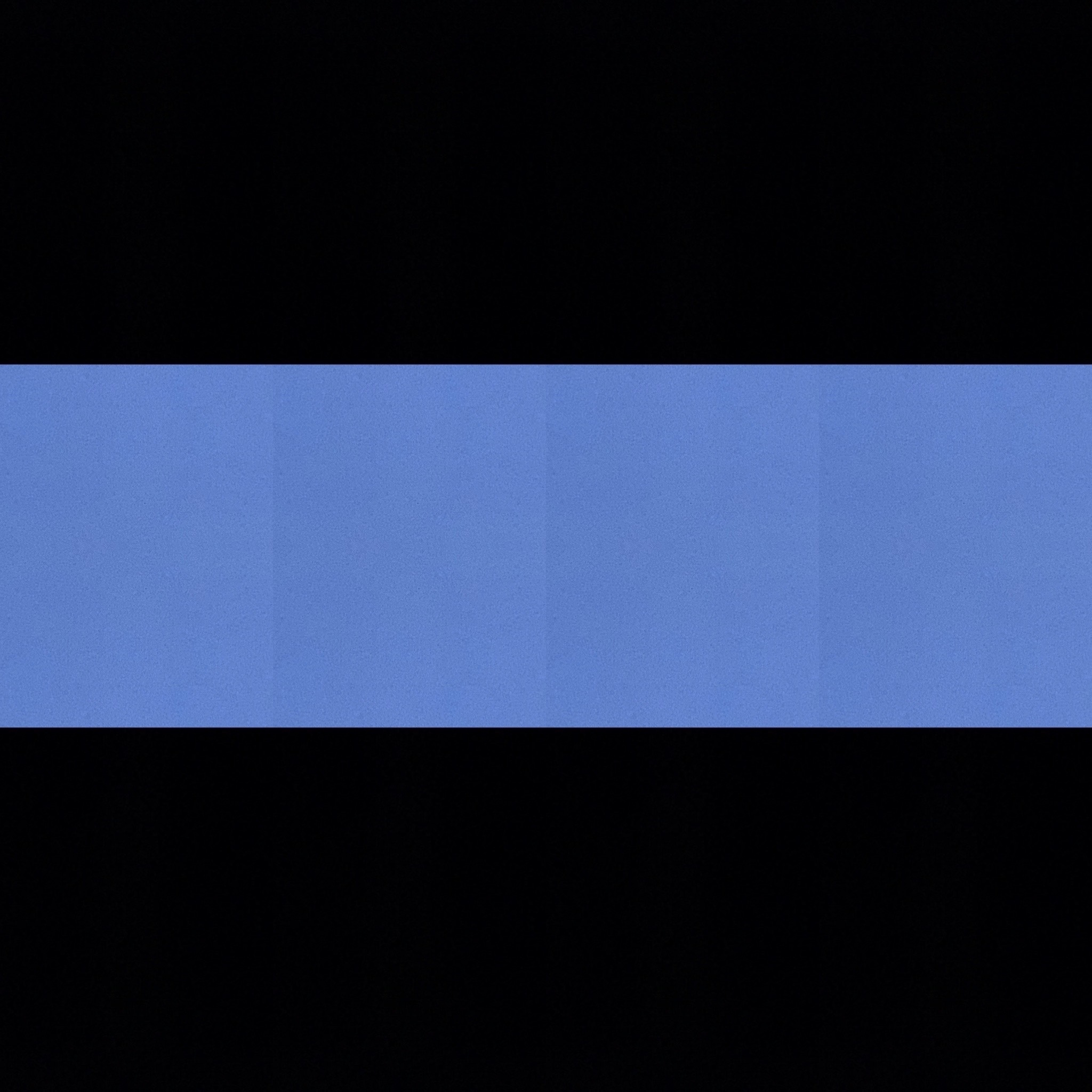
How to capture the present moment? The drift, the disconnect, the gap… The pandemic rolls on, in some places life coming back to normal in stops and starts, elsewhere no end in sight, collectively what appears like limbo is, on closer inspection, movement is occurring, just perhaps not where and how we want. At some point, a normality of sorts will return, much of the old, a bit of the now, some new too, stuck together unevenly.









